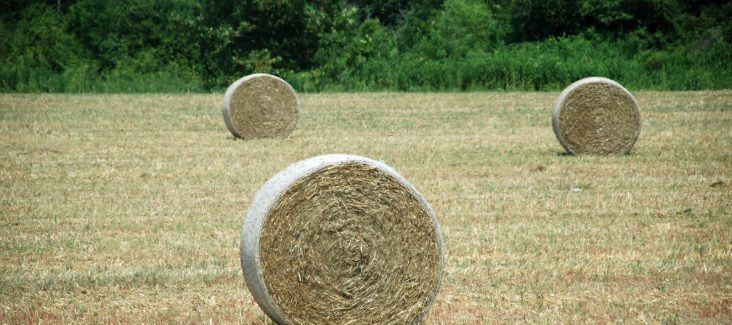Agritourism webinar slated for May 21 webinar
by May 14, 2025 2:22 pm 260 views

Agritourism can expand profit margins for many farmers, but there are issues they must contend with. The sector can include duck hunting in the offseason, hayrides, pumpkin patches, campsites, orchards and others. Accessibility for all visitors is a legal requirement, however.
It is important for owners of agritourism operations to ensure they are following guidelines set forth by the Americans with Disabilities Act (ADA). Established in 1990, the ADA prohibits discrimination based on disability, Penn State Center for Agricultural and Shale Law staff attorney Jackie Schweichler said.
Shweichler will review these obligations and what agribusiness operators need to know in a May 21 webinar from the National Agricultural Law Center, or NALC. The webinar, “Navigating ADA Compliance for Agritourism Guests,” will begin at 11 a.m. Central/Noon Eastern and is free of charge to attend.
“Physical accessibility, transportation, signage, guidelines for service animals — these are just some of the factors for agribusiness owners to consider in making sure they are following standards set forth by the ADA,” Schweichler said. “Farmers and agritourism operators who invite the public onto their property may not realize the full scope of their obligations under the ADA.”
U.S. farms and ranches generated $1.26 billion in income from agritourism services in 2022. This was a 13% increase from 2017 after adjusting for inflation, according to the U.S. Department of Agriculture’s most recent Census of Agriculture.
“Agritourism is a unique part of the agricultural sector, and one that is growing tremendously,” said NALC Director Harrison Pittman. “We’re looking forward to hearing Jackie update attendees on some of the key obligations that come with running these types of businesses.”
Pittman said the Penn State Center for Agricultural and Shale Law is a longtime partner of the NALC.
“The NALC was established by Congress to serve as the nation’s leading source of agricultural and food law research and information,” he said. “Our partnership with the team at Penn State is an important and ongoing part of how we help fulfill that mission.”
